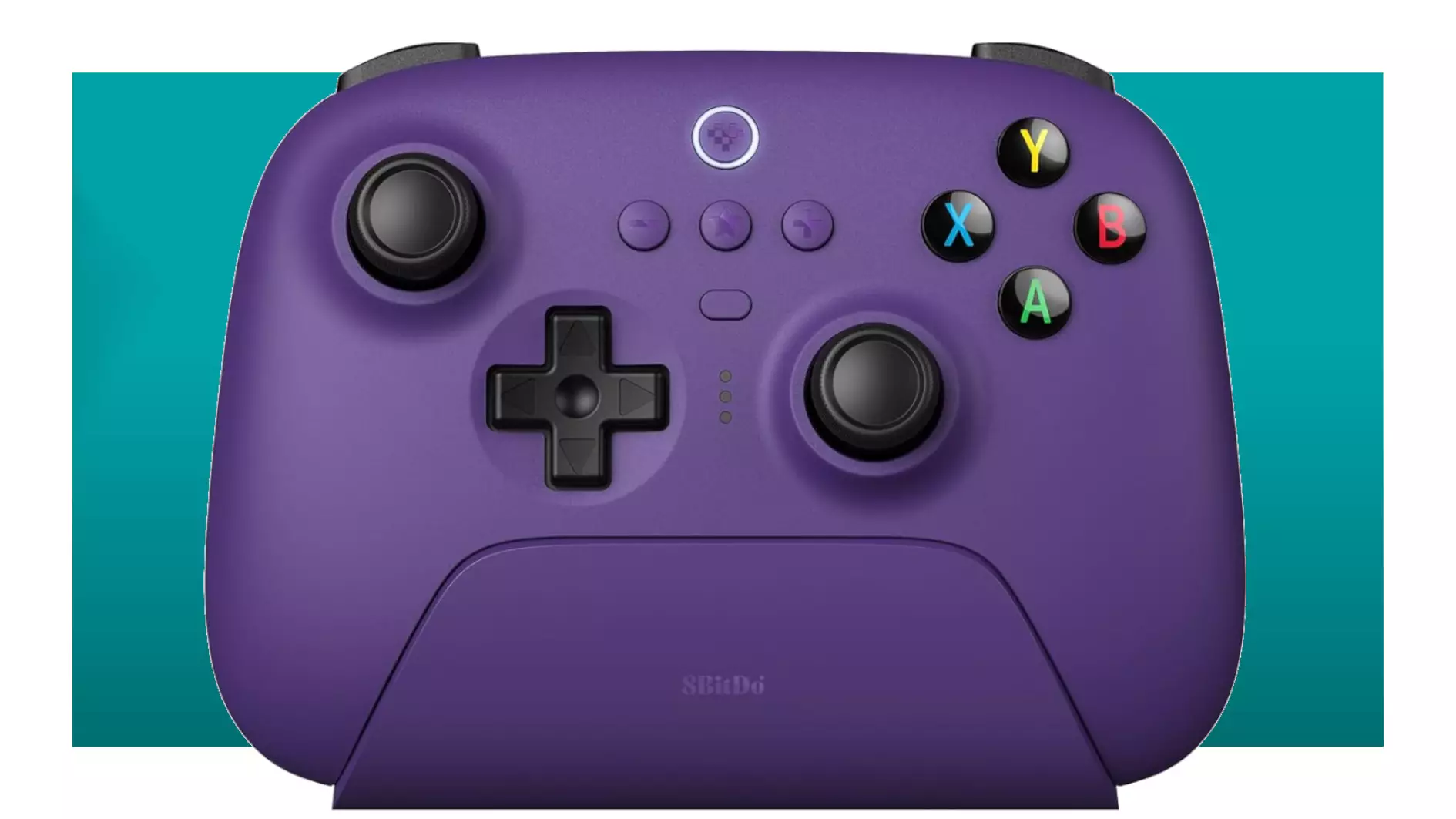For years, gamers have been conditioned to associate higher prices with higher quality. The common belief is that first-party controllers from Xbox, Sony, or Nintendo are inherently superior, justifying their premium price tags. This mindset has led many players to dismiss third-party options as inferior or unreliable. However, this long-standing assumption overlooks how rapidly the landscape of game controllers has evolved, especially with innovative brands challenging traditional dominance. Today’s market demonstrates that affordability no longer equals compromise; instead, it often signifies cutting-edge features packed into sleek designs that rival or surpass their expensive counterparts.
Breaking the Mold: The Rise of 8BitDo
One brand that epitomizes this revolution is 8BitDo, a company that has quietly but definitively cemented its reputation among savvy gamers. Despite its modest origins, 8BitDo has invested heavily in improving the quality and sophistication of its controllers. Their latest models boast features once exclusive to high-end controllers, including Hall effect sticks—known for durability and resistance to drift—and triggers engineered to last.
What truly sets 8BitDo apart is its willingness to innovate with features like wireless charging docks and multi-platform compatibility. The recently upgraded Ultimate 2.4G controller, for example, offers a sleek controller design similar to traditional hardware but includes a dock that doubles as a wireless receiver, simplifying connectivity and charging. These innovations demonstrate a strategic shift away from merely copying the big brands toward genuinely enhancing user experience at affordable prices.
Why Price Doesn’t Equal Performance
The misconception that paying more guarantees queal quality is slowly disintegrating. Modern third-party controllers like 8BitDo’s offerings challenge the premium tier not just in features but also in reliability. Many of these devices are now made with the same, if not better, build quality, and are equipped with advanced technologies, like high polling rates and resistance to drift—a notorious issue plaguing controllers for years.
Pricing is another critical factor. The Ultimate 2.4G, for instance, is available for roughly $35, making it accessible to the average gamer while still offering premium features. When you compare this to the $60–$70 price range of official controllers, you start to realize how inflated the costs are for minimal perceived gains. Budget controllers are increasingly competitive, especially when factoring in longevity, user comfort, and connectivity stability—areas where third-party devices have made significant progress.
Connectivity Choices: Wireless, Bluetooth, and Beyond
A key consideration when choosing a controller is the connection method. Manufacturers are offering multiple options—Bluetooth, proprietary wireless dongles, or hybrid solutions—to cater to various gaming setups. 8BitDo’s controllers allow users to prioritize either Bluetooth or their dedicated wireless dongle, with the latter generally providing better latency and response times. This is vitally important for competitive gamers or those who value precision.
While Bluetooth adds convenience, especially for travel, it tends to introduce slight input lag and variability. The real standout today is the 2.4G dongle, which ensures smoother gameplay and faster input recognition. Some models add features like dual compatibility with switches, PCs, and mobile devices, but this versatility often comes at a higher price. Choosing between Bluetooth and wired-like performance depends heavily on your gaming environment and priorities.
The Future of Affordable Gaming Accessories
Looking ahead, it’s clear that the traditional hierarchy of controller quality is being challenged. Brands like 8BitDo and GameSir are proving that innovation and affordability are not mutually exclusive. With their focus on ergonomic design, technological innovation, and multi-platform compatibility, these controllers are making high-quality gaming hardware accessible to all.
The significance of this shift extends beyond mere components—they’re redefining what it means to be a “good” controller. Gamers no longer need to chase after expensive first-party options to experience reliable, high-performance input devices. Instead, the market is rewarding those who are willing to explore and trust newer, smarter brands.
In the end, the real lesson is that gaming hardware, much like gaming itself, is evolving rapidly. The era of viewing budget controllers as inferior has come to an end; in many cases, these devices offer everything most players need—at a fraction of the cost—while also pushing the boundaries of what affordable gaming accessories can deliver.

